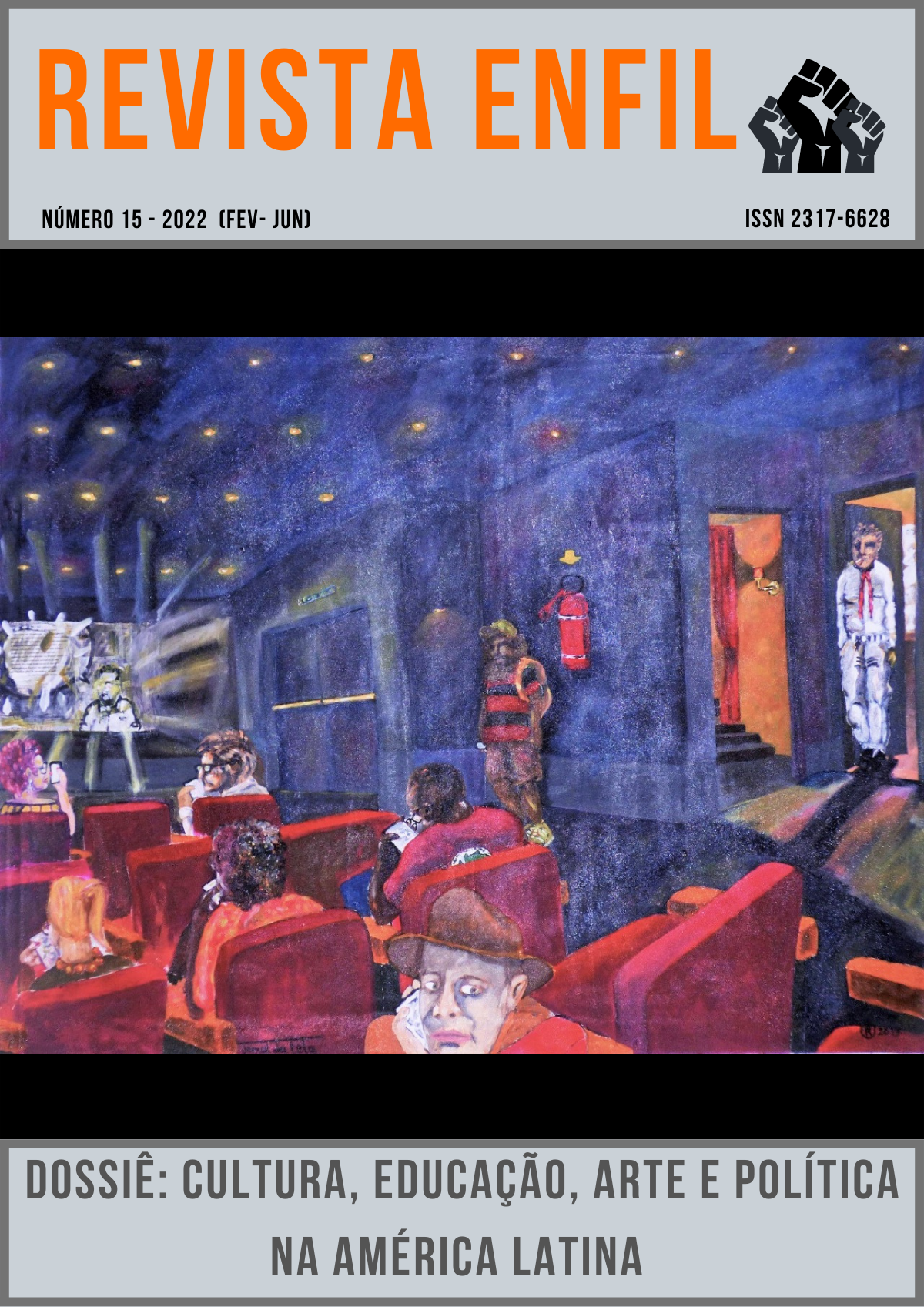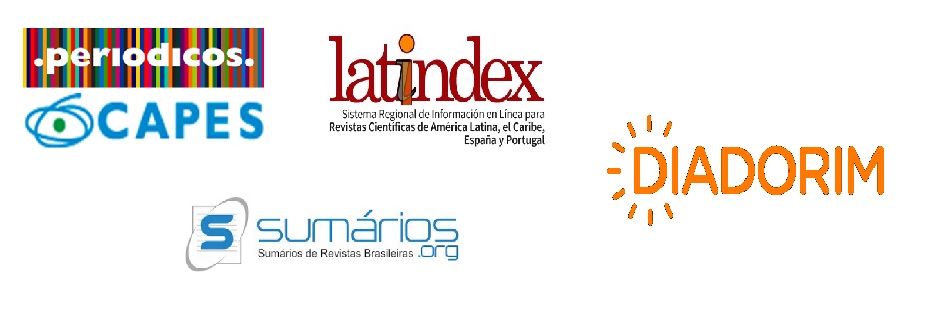A EXPRESSÃO CULTURAL DO JONGO: A (DE)COLONIALIDADE COMO PROCESSO PARA UMA EDUCAÇÃO INCLUSIVA
DOI:
https://doi.org/10.22409/enfil.v10i15.54583Resumo
Este artigo decorre da pesquisa realizada pela autora junto ao Grupo de Estudos e Práticas Musicais – GEPMU/UENF - grupo interdisciplinar de pesquisa que se propõe a investigar as expressões musicais e artísticas presentes na cultura brasileira, sob a orientação do Prof. Dr. Giovane do Nascimento, sediado na UENF (Universidade Estadual do Norte Fluminense Darcy Ribeiro) no município de Campos dos Goytacazes, assim como, no IFF (Instituto Federal de Educação, Ciência e Tecnologia Fluminense), onde a autora atuou como docente, com a participação de, Neusimar da Hora, licenciada em teatro pelo IFF, atriz e Mestre Jongueira. Esse estudo encontra-se dividido em duas partes: a primeira apresenta uma revisão bibliográfica sobre a temática diaspórica no contexto do debate sobre decolonialidade; e, na segunda, a manifestação do Jongo, expressão cultural africana com forte presença em nosso município, como forma de resistência aos efeitos deixados pelo processo de colonização no Brasil, tendo como principal referência as Rodas de Jongo do Núcleo de Arte e Cultura de Campos (NACC), e a sua contribuição como processo de inclusão da cultura afrodescendente na educação local. PALAVRAS-CHAVE: Decolonialismo. Jongo. Educação inclusiva
Downloads
Downloads
Publicado
Edição
Seção
Licença
A Revista En_fil aceita manuscritos originais em português, italiano, espanhol e inglês. Se o manuscrito original for redigido em língua estrangeira, ele deve ser acompanhado da versão em português.
A Revista En_fil não cobra taxas referentes à submissão, à avaliação ou à publicação de artigos. Oferece acesso livre, gratuito e imediato a todos os leitores, independentemente de cadastramento no site.



